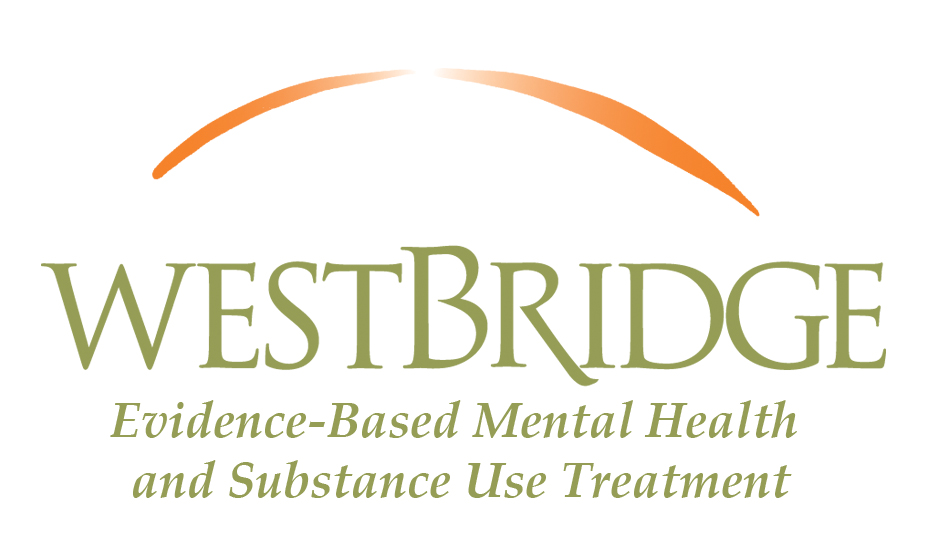 WestBridge employs a full-time professional chef who prepares healthy and delicious meals daily for participants. Our chef prioritizes using natural ingredients, focusing on low-fat and low-sugar options.
WestBridge employs a full-time professional chef who prepares healthy and delicious meals daily for participants. Our chef prioritizes using natural ingredients, focusing on low-fat and low-sugar options.
Participants at the Commons Residential Treatment Program encouraged to join our weekly Culinary Wellness group sessions. Our chef uses these sessions to teach them about nutritious ingredients, cooking methods, and various healthy recipes.
Learning to cook holds significant value in both the recovery process for individuals impacted by mental illness and past substance use. Cooking provides many benefits that promote healthier living and reduce reliance on substances. It can also aid in managing mental health conditions.
Here are a few of the benefits of learning to cook:
It Promotes Healthy Nutrition: Learning to cook empowers individuals to prepare balanced, nutritious meals, enhancing physical health and overall well-being in mental health and substance use recovery.
It Encourages Routine and Structure: When you are on your own, establishing a regular cooking schedule provides essential routine and structure vital during recovery or for managing conditions like depression, where a disrupted routine can be detrimental.
It May Help Improve Self-Esteem: Acquiring culinary skills boosts self-esteem and a sense of mastery over your actions, pivotal components of the recovery journey or managing mental health challenges.
It Can Act as a Distraction: The concentration required for cooking can serve as a constructive distraction from cravings or intrusive thoughts, aiding in substance abuse recovery or managing mental health symptoms.
It May Offer Stress Relief: Cooking can act as a form of stress relief, offering routine and a sense of achievement, which can be particularly beneficial for individuals dealing with co-occurring conditions like anxiety and depression.
It Can Promote Social Interaction: Preparing and sharing meals with others fosters social interaction and strengthens personal connections, which is vital in the recovery process or for combatting social isolation.
It Involves Planning and Decision Making: Cooking involves planning and decision-making, skills very transferable to various life aspects and valuable for maintaining sobriety or managing mental health.
These benefits, while significant, should be viewed as complementary to professional treatment strategies and very helpful to learn as a life skill, which is why WestBridge offers programs like this to its participants. Visit our Residential Treatment Program page for more information.
